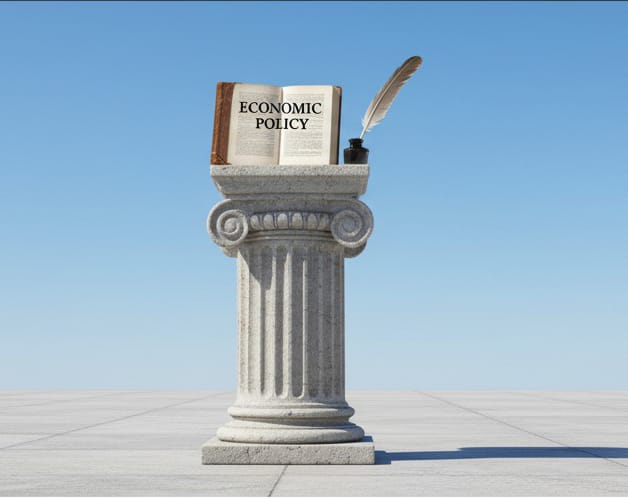
Order Precedes Income
Why Political Stability Is the First Chapter of National Success
10/10/20252 min read



“Order precedes income.” These three words capture a reality often ignored in debates on development. Nations may design ambitious economic blueprints, draft progressive policies, or announce visionary reforms, but without political stability, these efforts rest on shaky foundations. Economic growth cannot flourish in the absence of order; political instability erodes investor confidence, disrupts governance, and turns otherwise sound economic plans into mere ink spilled on a shaky table.
The Indispensable Role of Political Stability
Political stability is not merely the absence of conflict. It is the presence of trust in institutions, predictability in governance, and continuity in policy. When citizens believe their government will endure, when businesses know that tomorrow’s rules will not change arbitrarily, and when investors sense a safe environment for their capital, economies prosper. On the other hand, where uncertainty prevails, economies falter regardless of the technical brilliance of their policies.
Lessons from Around the World
Pakistan
Pakistan’s economic story has long been overshadowed by cycles of political instability. Frequent changes in leadership and inconsistent policies have discouraged foreign investment and slowed down structural reforms. Despite having immense potential in agriculture, industry, and human capital, the absence of order has stunted sustained economic progress.Lebanon
Once dubbed the “Paris of the Middle East,” Lebanon has faced years of political turmoil, sectarian divides, and weak governance. These factors have led to economic collapse, with hyperinflation, currency devaluation, and widespread unemployment becoming the norm. Investors and skilled citizens alike continue to flee due to uncertainty.Venezuela
Political instability, compounded by authoritarian governance and corruption, has reduced Venezuela—once one of the richest oil economies—to a state of economic and humanitarian crisis. Massive outmigration, food shortages, and the collapse of public services illustrate how instability can destroy even resource-rich nations.Sudan
After years of civil conflict and coups, Sudan remains a vivid example of how political instability prevents economic takeoff. Frequent changes in government have discouraged any long-term planning, leaving the country dependent on aid and unable to attract sustainable foreign investment.Ukraine
Political instability, followed by external conflict, has severely disrupted Ukraine’s economy. Despite fertile land and a skilled workforce, war and governance challenges have diverted resources from development to survival. Global investors, wary of prolonged instability, have stayed away, delaying economic recovery.
Conclusion
The pattern is clear: without order, nations struggle to build lasting prosperity. Political stability is not a luxury; it is a prerequisite. Only when a government provides continuity, security, and predictability can economic policy bear fruit. Countries like Singapore and South Korea, which ensured stable governance before pursuing reforms, stand in stark contrast to those trapped in instability.
